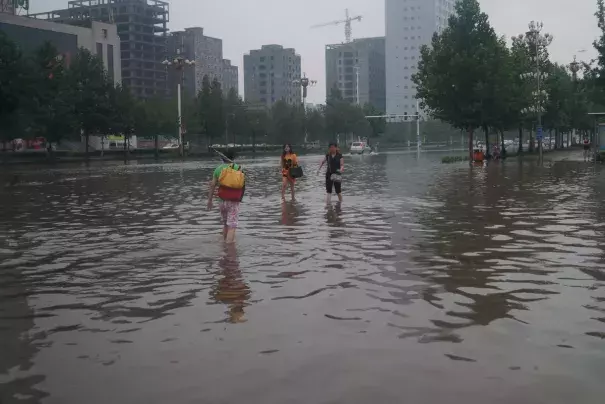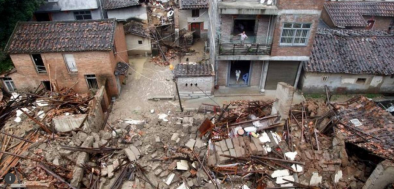Counting the costs of floods in China

It is a little-known fact among general public and politicians that floods cause more damages each year globally than any other form of natural disasters. According to the United Nations, over the 20-year period between 1995 and 2015, 157,000 people died due to floods and another 2.3 billion were affected.
Currently, global average annual flood losses are estimated at $104 billion. The country incurring the highest losses is China, followed by US and India. These losses do not include disruptions to global supply chains when industries located in flood plains are often affected by floods...
Flooding has been a perennial problem in China. Earlier one of the important tests of good rulers was their ability to protect the citizens from the ravages of floods. This requirement continues even today.
The good news is that death toll from floods in China has steadily declined due to government actions such as construction of dams, dikes and levees, early warning systems and prompt evacuation measures. The bad news is, economic costs of floods are steadily increasing and are likely to rise in foreseeable future.
It appears that the 2016 floods are likely to enter in Chinese record books as one of the most severe ones. The floods season is not yet over. Damages incurred are already significant. This is primarily because rainfall in China this year has been 21 per cent higher than average. In Yangtze Basin, it has been 27 per cent higher than average.
Yangtze is the longest river of China and the third-longest in the world. It is also the most important water artery in terms of economy and development. Thus, a serious Yangtze flood has major implications not only for China but also for the world by disrupting manufacturing and transportation links as well as the global supply chain.
According to the Office of State Flood Control and Drought Relief Headquarters, as of July 3, 32 million people in 26 provinces have been affected, 186 have died, 26 are missing, and 1.4 million people have been relocated. Some 73,000 homes have collapsed and crops have been lost in 700,000 ha
Related Content




